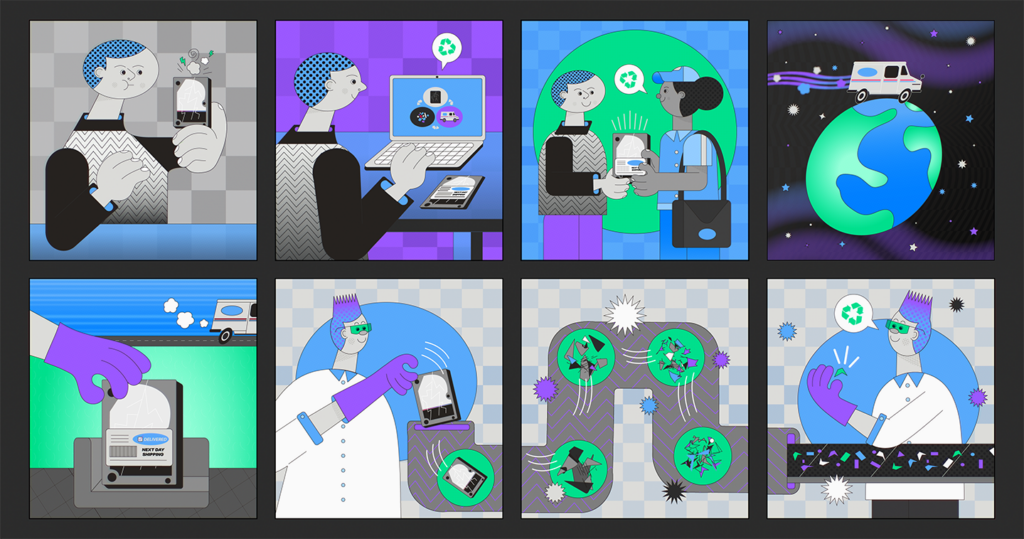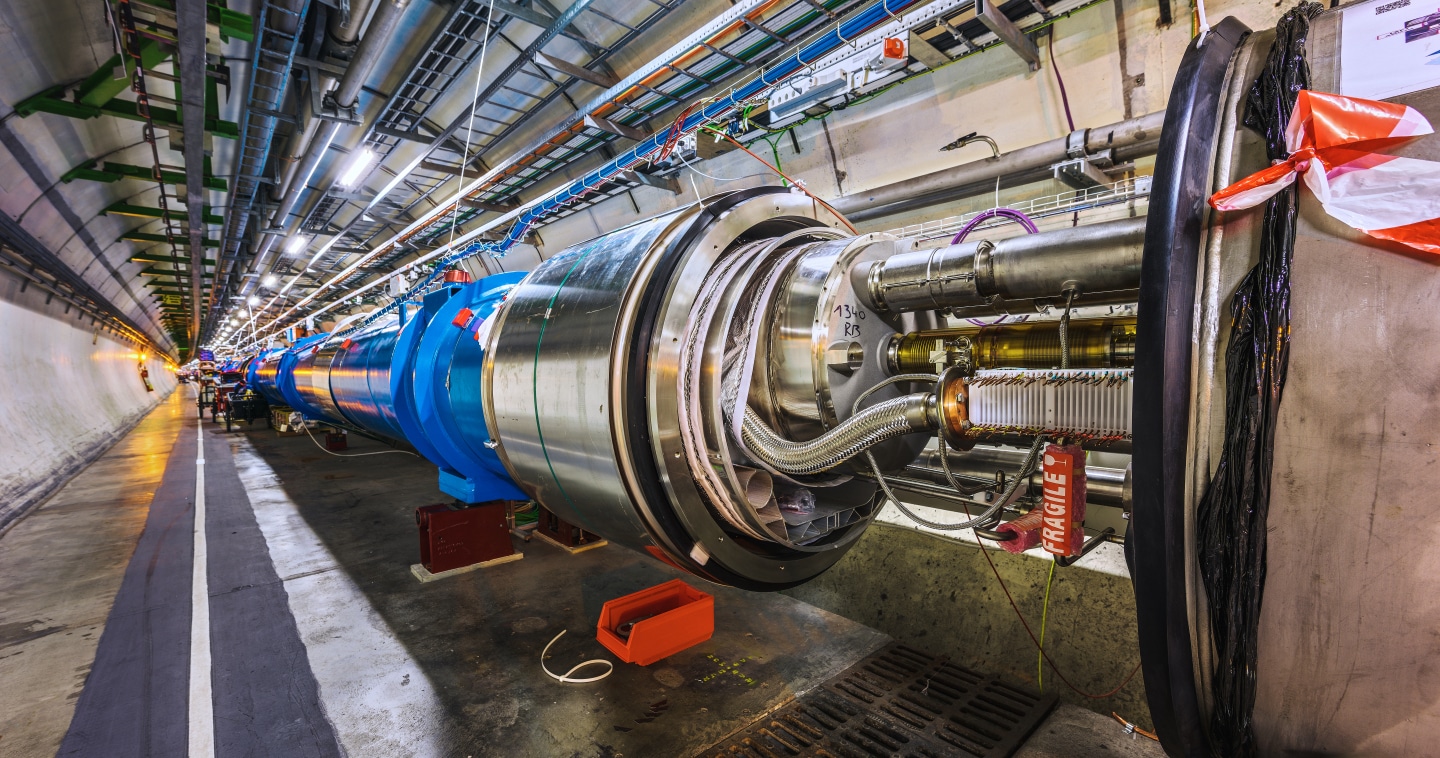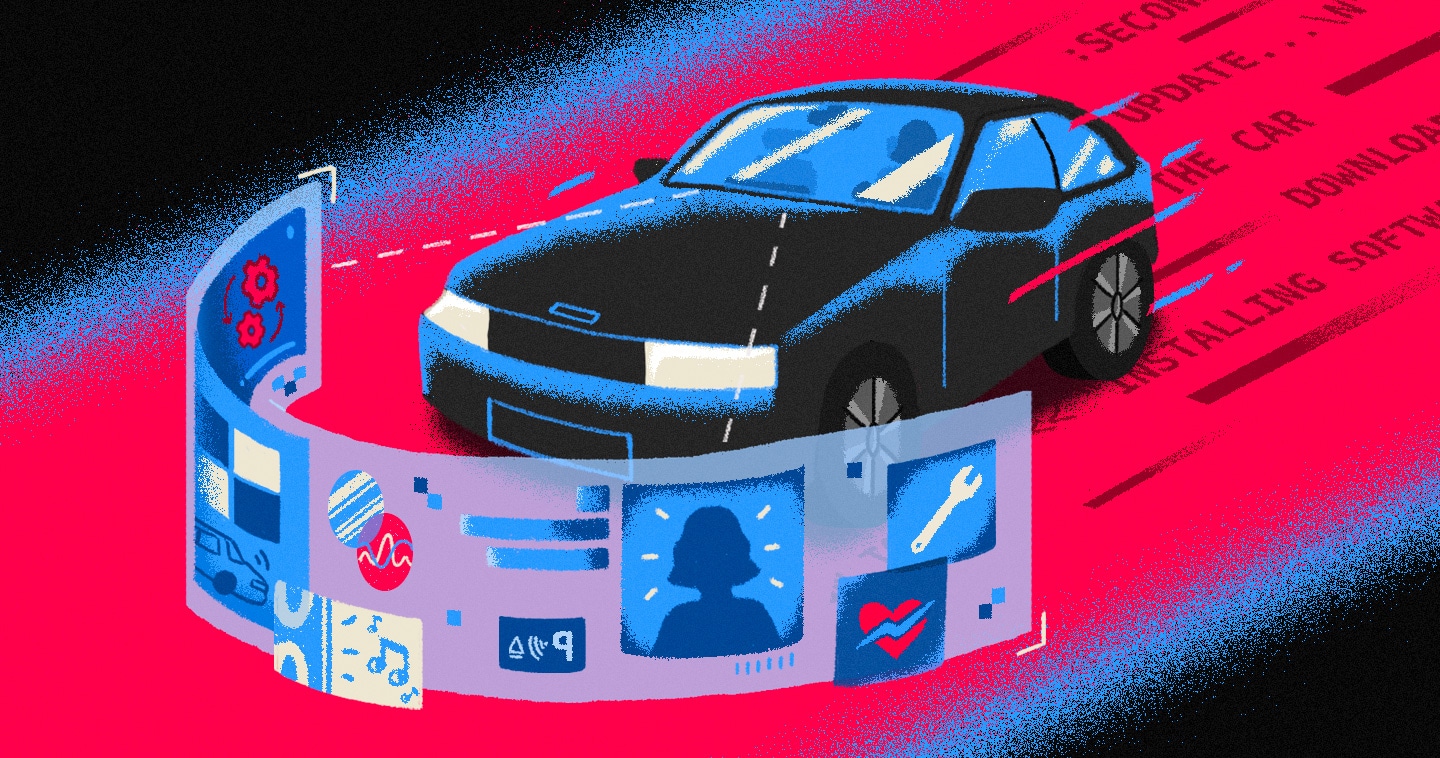The average American household has an average of 22 connected devices, but what happens when we upgrade those devices or they stop working? As we become more dependent on technology, e-waste is becoming a more prevalent issue, with less than 20% being formally recycled. From the growing amount of e-waste pollution to product take-back programs, here’s recycling hard drives, explained.
What is electronic waste (e-waste)?
Electronic waste, also known as e-waste, is any electronic device that has been discarded by its former user. These can be devices that are unwanted, not working, or at the end of their useful life. This includes hard drives, computers, televisions, laptops, and cell phones.
Why is e-waste a problem?
E-waste is the fastest-growing waste stream globally, and in 2021, the amount generated was on track to outweigh the Great Wall of China. E-waste is also considered hazardous waste containing toxic substances such as lead, mercury, cadmium, and beryllium. Many electronics are also built with components that contain precious metals such as gold, silver, and palladium that cannot be recovered and repurposed when they end up in landfills.
Can hard drives be recycled?
The short answer is yes, they can. However, recycling electronics is complex and should not be recycled with curbside household recycling. Some states have even passed e-waste legislation that make it illegal to place electronics with recyclables or trash.
How do I safely recycle my hard drives?
One way is to participate in a product take-back program, like Western Digital’s Easy Recycle program. On Earth Day 2020, the company launched its Easy Recycle product take-back program in the United States, enabling customers to easily recycle old data storage devices (NAS systems and internal or external HDDs and SSDs) regardless of the manufacturer.
The company is proud to partner with USMe, a global leader in IT asset disposition certified by e-Stewards, using some of the highest industry standards in e-waste recycling. The e-Stewards standard was created by Basel Action Network (BAN) and is supported by the United States Environmental Protection Agency (EPA).
Is my data secure when recycling hard drives?
Yes. Western Digital’s Easy Recycle program, in partnership with USMe, takes strong precautions in protecting user data. Recycled drives will be shredded and handled in accordance with EPA and WEEE guidelines.
For added security, it’s recommended to first back up and erase your drive before shipment. Methods to safely erase a drive include overwriting the data or using data destruction software.
What is the impact of product take-back programs?
Anyone who participates in Western Digital’s collaboration with USMe can be assured that eligible products will be recycled with zero electronic waste in landfills. Since April 2020, more than 26,000 devices and over 11 metric tons of waste have been diverted from landfills as a result of Western Digital’s Easy Recycle program.
Are you ready to recycle now? Prepare your devices for shipment, and Western Digital will send you a coupon code for your next Western Digital Store purchase.



